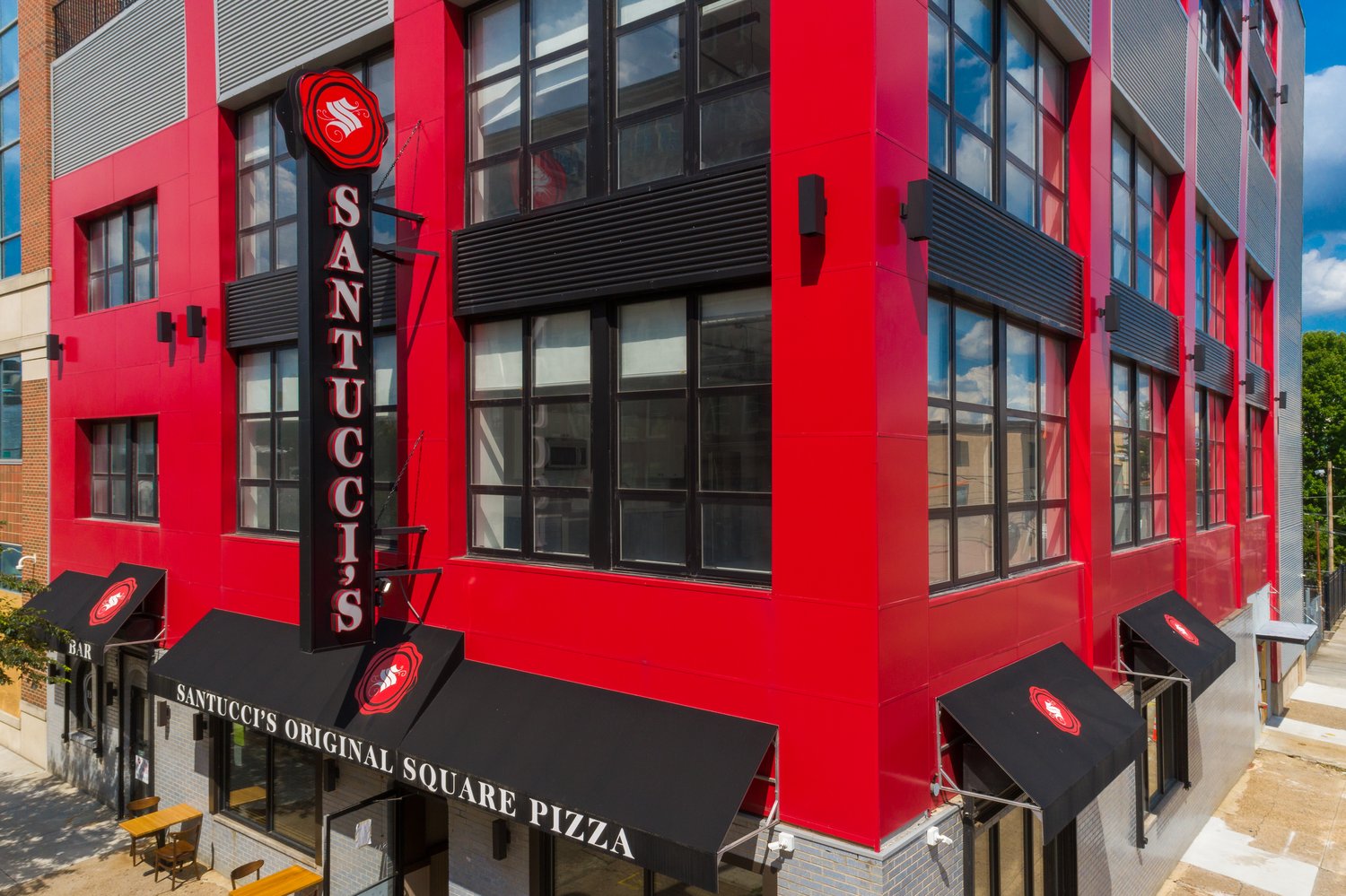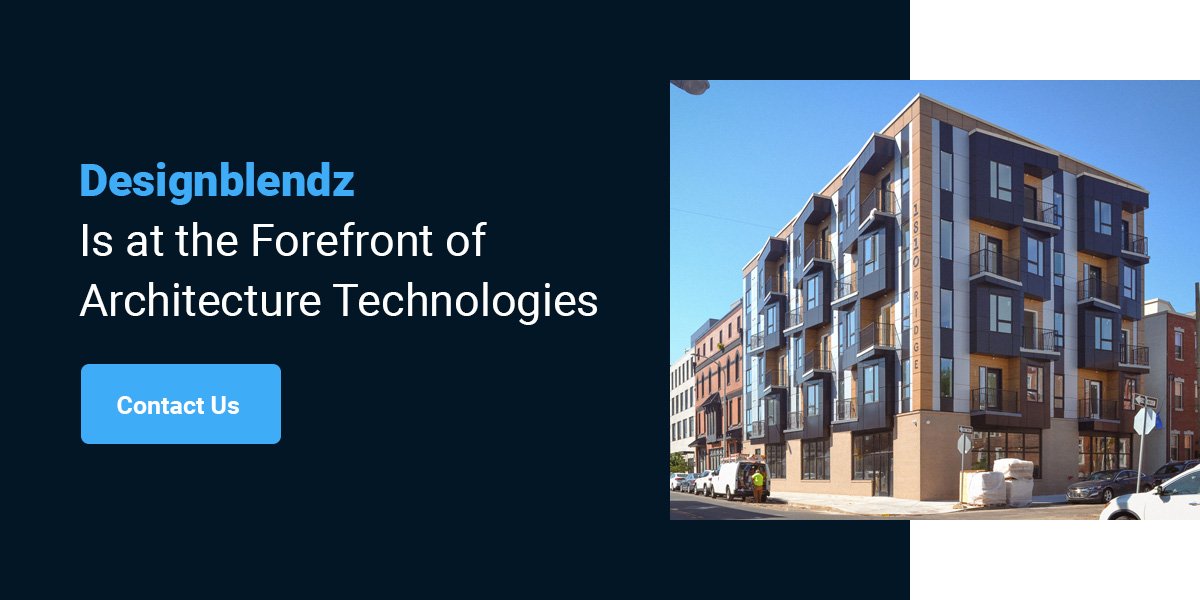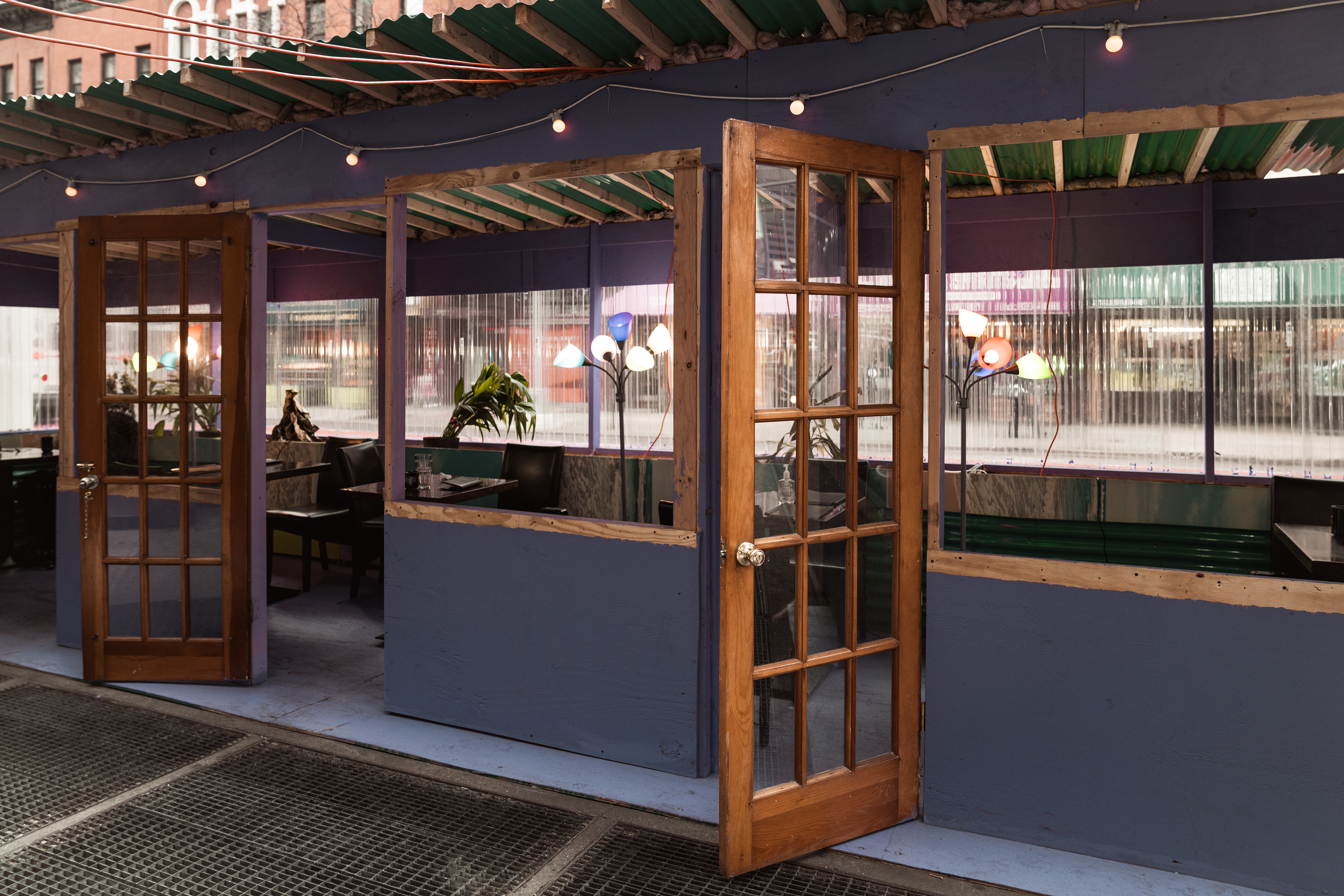Disclaimer: The zoning permit requirements are updated frequently, and the information in this article is up-to-date as of December 8, 2022.
What is a Zoning Permit for Signage?
In Philadelphia, multiple types of zoning permits are needed for certain construction and development projects. To install signs in the city, you must first obtain zoning approval from the Department of Licenses and Inspections. The Philadelphia Zoning Code includes rules for the number of signs, the types of signs, the size, location, height, and illumination or lighting. There are types of signs that do not require zoning permits, those include window signs installed in up to two windows or doors that do not take up more than 20% of the transparent glazed area of a door or window, signs located inside of a building that is over 18 inches from, or on more than a 45-degree angle to any window or opening, digital and video screens on outside equipment such as fuel pumps and ATMs up to 1 square foot, signs that give directions and are under 10 square feet in the area of a door or window, signs that give directions and are under 10 square feet in the area and under 7 feet in height, and temporary real estate signs. As long as the proposed sign meets certain standards, it is unnecessary to submit plans. You can check to see if your sign complies with phila.gov's EZ Sign Standard for Zoning.
.jpg?width=1500&height=1125&name=IMG_4527%20(1).jpg)
Who can apply for a Signage Zoning Permit?
Zoning approval can be applied for by property owners who wish to install signs and their authorized agents. Authorized agents may include tenants, design professionals, attorneys, contractors, or licensed expediters.
What is required on the application for a Signage Permit?
- The application needs to include the complete listing of addresses and the current owner information
- If the property is not owned by a natural person or a publicly-traded company, you can provide the name of either each individual with more than 49% interest in ownership of the property or the two individuals who hold the largest interest
- If a property was recently sold, you must submit a copy of the settlement sheet or deed with your application
- All permits have to be applied for under the legal address established by the Office of Property Assessment
- If your application requires plans, the plans must follow the plan requirements. The easiest way to get accurate plans is to work with a licensed architect
How do I apply for a Zoning Permit for Signage and how much will it cost?
- If you would like to apply online, you can do so using the eCLIPSE system
- For assistance with online applications, you can schedule a virtual appointment
- If you would rather apply in person, you will need an in-person appointment at the Permit and License Center at 1401 John F. Kennedy Blvd
- The types of fees that may apply include a filing fee, a permit fee, a record retention fee, and an accelerated plan review fee
- A $100 nonrefundable fee is due for filing and is credited toward the final permit fee
- Signs are split into two categories based on their content: accessory signs are those located at the same place as the activity or business they are advertising and the permit fee costs $207 per sign, non-accessory signs are those advertising goods or services found at a different location and the fee is $325 per sign
- A record retention fee will cost $4 per page larger than 8.5in by 14in
- The accelerated plan review fee is an optional fee for plans eligible for expedited review and is reviewed within 5 business days for a fee of $1050

How do I renew my Signage Zoning Permit?
Any Zoning Permit that involves building will expire in three years if construction has not begun at the site. Use Permits expire after six months if the project is not started. A Conditional Zoning Permit is valid for up to one year after the date that it was issued. If you would like to extend the zoning permit, you can apply for an extension starting three months before the expiration date. Extended permits are valid for one year from the expiration date of the original permit, regardless of when the extension is issued.
The most efficient way to navigate the zoning permit process is to work with a licensed architect who is experienced with projects similar to yours. This way you can avoid the trial and error process of trying to do it yourself while saving time and money.



